Introduction
Until 2019, having a swanky corner office was the criteria for people to feel successful. Then things changed in 2020. People were forced to align themselves to the remote working model.
But then, a curious thing happened.
Businesses actually realised that the remote working model might not be so bad after all. Whether you are being forced to work remotely by a pandemic or not, remote work has huge advantages. Below is the kind of actions you could see that reflected this:

Job postings with the location “remote” jumped.
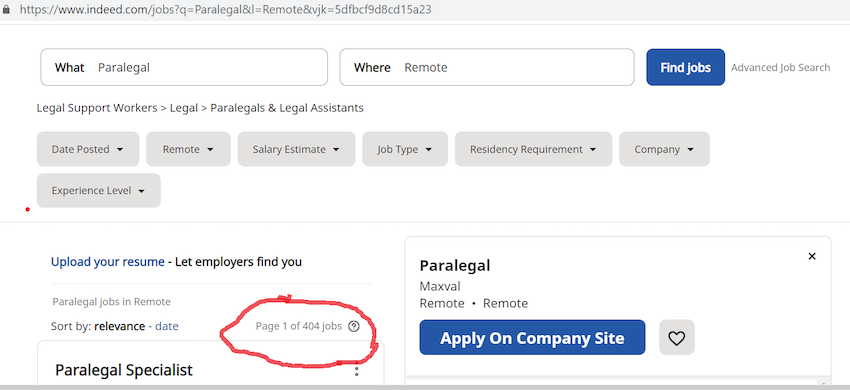
If this US news article is to go by, remote work postings for jobs in legal services, including paralegals and legal assistants jumped from under 5% in the second half of 2019 to 16% in the second half of 2020, according to data from Indeed, a popular job search platform.
The indication is clear. In knowledge industries such as legal work, businesses will continue to hire people on a remote basis - with or without pandemic.
Lots of organizations and professionals have learned to work remotely, and there is no going back.
Let me show you a list of some companies which have gone remote permanently:
https://buildremote.co/companies/companies-going-remote-permanently/
Now if typical “job” opportunities on a remote basis are increasing to this extent, think of what happens to assignments and freelancing opportunities:
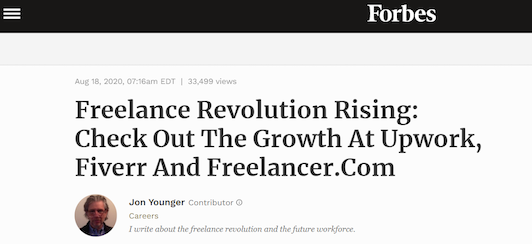
Freelancing jobs will exponentially increase, even in non-tech areas, because employees are and managers are both becoming comfortable with freelancing and managing productivity.
A study by Upwork, titled “One Year Remote” states, “As a result of this [shift to remote work], 58% of non-freelancing professionals new to remote work are considering freelancing in the future. The past year’s shift to remote work has introduced many professionals to the benefits of greater flexibility and control on how they work, and freelancing will be for some a natural step.”
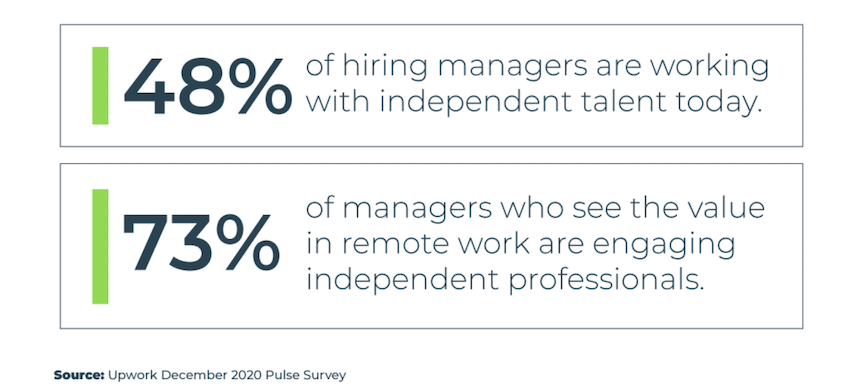
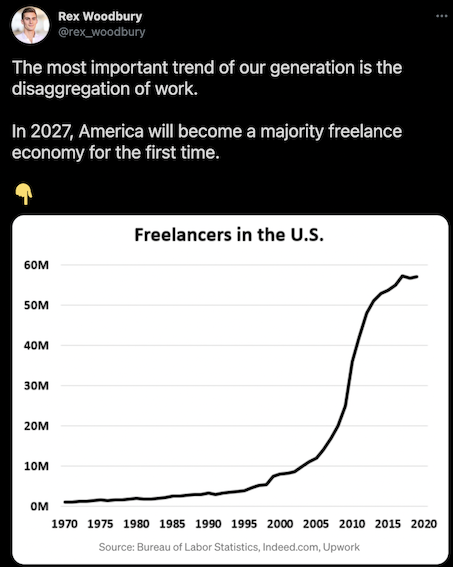
In 2027, US will become a majority freelance economy. As per a report from Upwork released in May 2021 (here), there is potential for 25.7 million jobs to be done by remote freelancers in non-tech industries.
The importance of being physically present in order to work is diminishing rapidly.
And when the requirement to be physically present is done away with, the talent pool available for a business expands, and the opportunity pool for talent explodes.
This is what happened in 2020.
If you are wondering by now as to why we are talking so much about the US freelance economy, it is because you have an opportunity to participate in this market no matter where you are in the world. And this is an unprecedented opportunity. It is a game changer for most of you.
For example, in India, the entire legal industry is smaller than $2billion annually. Legal industry size in South Africa is a little over $2.14 billion. That is a small market. Comparatively, the US legal industry is worth $319.7 billion! The US patent and trademark industry alone is $18 billion. Basically, opportunities are much bigger if you can get into this market.
Earlier, you had to catch a plane, get a visa and work permit in the USA, apart from learning the relevant skills if you wanted to partake in this huge industry. The employment visa was the hardest part of this puzzle. Since remote work has gone mainstream, that is not part of the picture anymore.
You can find work in the US as a remote freelancer as long as you have the skills that are in big demand.
Do you find the possibilities and opportunities mind boggling? I will not blame you if you did, given how new this opportunity is.
Here’s another question that you may have: Why would a law firm or a startup in the US hire you?
You have a great advantage if you are a lawyer from Asia or Africa. This is the advantage of lower cost. The US is the most expensive legal market. It is possible that a paralegal doing good work in the USA gets paid as much as a partner in a good law firm in your country.
This means hiring IP lawyers from Asia and Africa trained in US Patent and Trademark Office work can be a game changer for a law firm or a startup needing IP law expertise.
That is because they can hire good talent from a global pool at a fraction of cost compared to an US lawyer. This means that they can grow much faster, become more competitive and profitable.
This also has a domino effect. If some firms start to cut costs by hiring such remote international lawyers at a much lower cost, it becomes a competitive advantage for them, and others have to soon follow suit.
Imagine what this would translate into for lawyers in most Asian or African countries, whether law students, recent graduates or even qualified lawyers with 3-5 years of experience. Working at USD 10 per hour, if someone works 200 hours per month (which is little more than 8 hours per day for 30 days or 10 hours for 25 days), they can make USD2000 per month, which is higher than what many big law firms in developing countries pay even to experienced lawyers.
The math seems good - how can a lawyer from Asia or Africa qualify to perform this work? Doesn’t he/ she need to crack the Bar Exam?
Luckily, no, there is no license required to perform US paralegal work as a remote paralegal.
How can a young lawyer or law student from Asia or Africa obtain US paralegal work?
There is a simple formula for success here:
Capability (skills and knowledge) + Track Record + Outreach = Success in Career
Before you get these opportunities, you need to have the capability to do the work. Capability is different from willingness or interest. You need to be able to deliver the work that you would be given if you landed the job.
This means you have to acquire the skills and knowledge.
However, this alone is not enough.
You also need to build a track record that gives potential recruiters some evidence that you can actually do what you are claiming. There are many ways to build a track record and develop credibility - publishing articles, doing freelance work, doing pro bono and low bono work and getting testimonials - something that tells the potential recruiter that you are worth a shot because you have already proven your worth in some ways.
Finally, it is about outreach. Making sure that the right people know you are available to be hired. You can ensure such outreach through networking and building a strong social media profile, and we do that through our large and focussed placement office.
In our course, we address all these 3 aspects so you can succeed in your career.
This course is designed to teach you how to perform US IP work as a paralegal (and even what you have to do as an IP lawyer, if you can qualify to practice in US as a lawyer) and includes comprehensive guidance on how to build a successful profile on global freelancing platforms, build a track record and send proposals which are compelling to secure these work opportunities.
On top of that, you will get on-demand support from our team standing by to help you to succeed in your freelance career, provide you leads for projects, gigs and jobs, and even prepare you for interviews.
On top of US IP law, bonus modules on how to perform such work in the UK are included as well.
If you learn the skills and do this work properly, it is possible to earn more than a top law firm associate or senior associate in a developing country like India, Bangladesh, Kenya or Nigeria, while working remotely and at your own time and convenience.
We have helped several young lawyers successfully secure US IP paralegal work since November 2020. The course faculty in this course includes lawyers who have built their own consultancy through such global freelancing platforms and IP lawyers who have worked in the USA.
This is a golden opportunity for lawyers and law students from developing countries, especially in Asia and Africa as the space is still relatively untapped.
This is the right time to venture into the IP freelancing domain before it becomes too saturated, which is highly likely to happen very soon considering the potential it holds.
In addition to enabling you to earn a decent income, this also helps you build a track record of work which will be relevant and recognised in the event that you are looking to take on a masters degree and actually work in the US.





 Share
Share
 +91 80474 86192
+91 80474 86192 


 Learn from 3000 Rs/Month
Learn from 3000 Rs/Month  Get course syllabus
Get course syllabus






















































 Key Highlights
Key Highlights













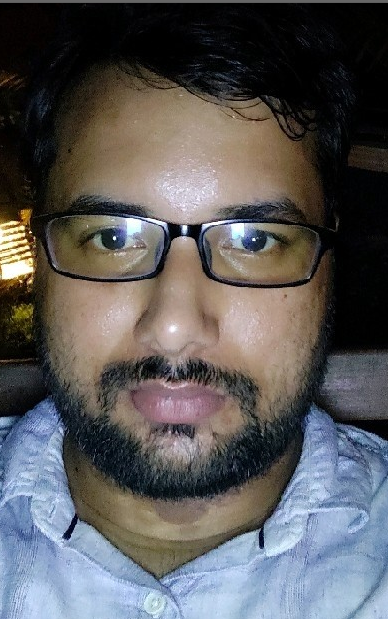








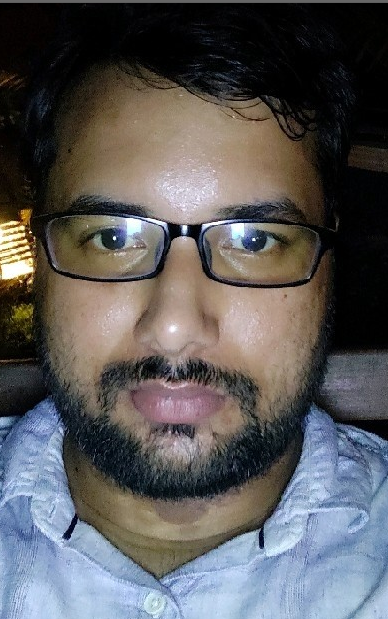









 ADDICTIVE LEARNING TECHNOLOGY LIMITED
ADDICTIVE LEARNING TECHNOLOGY LIMITED











